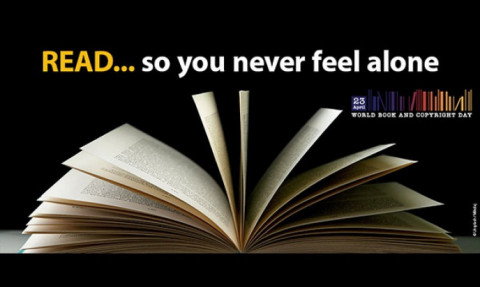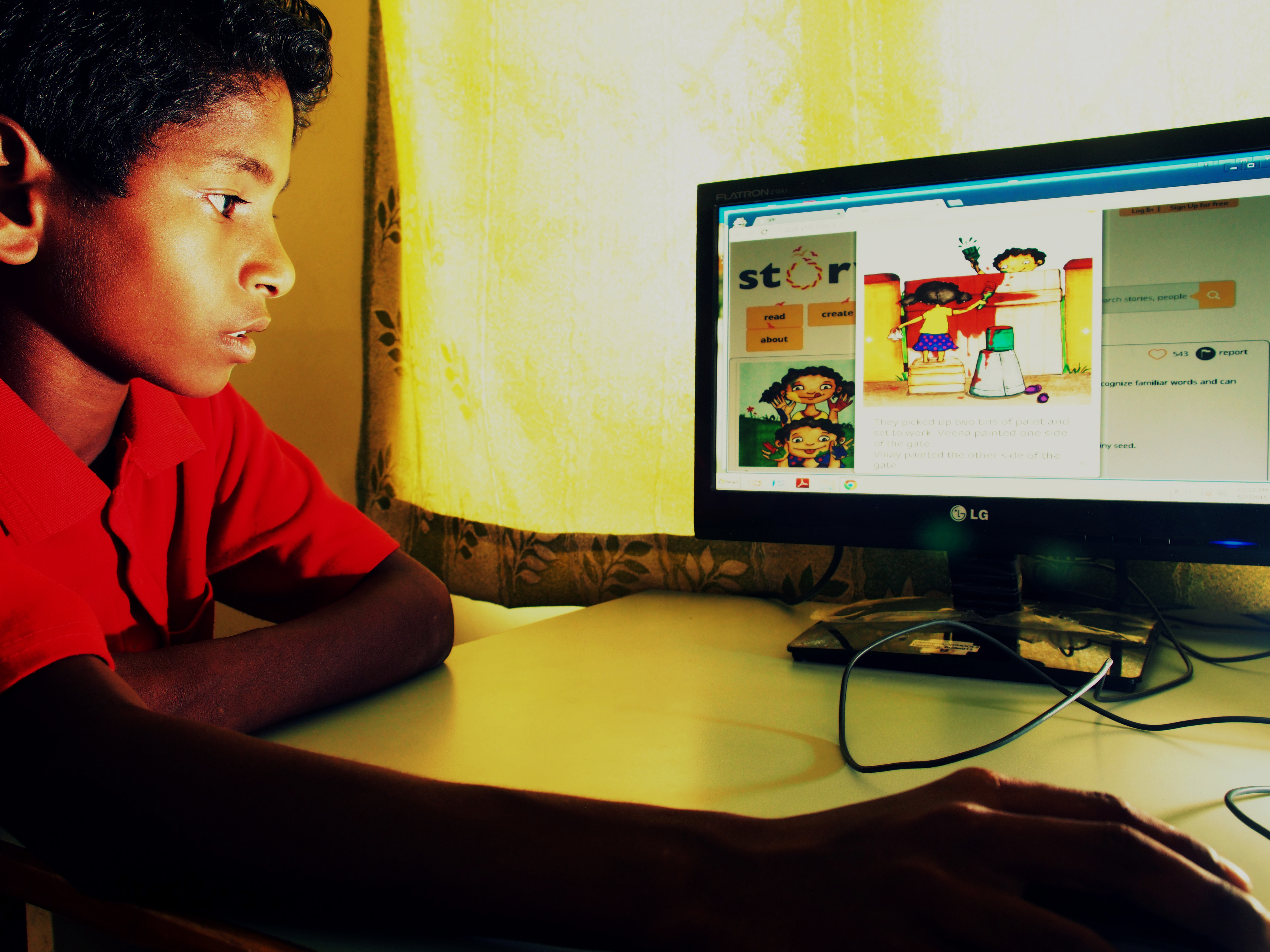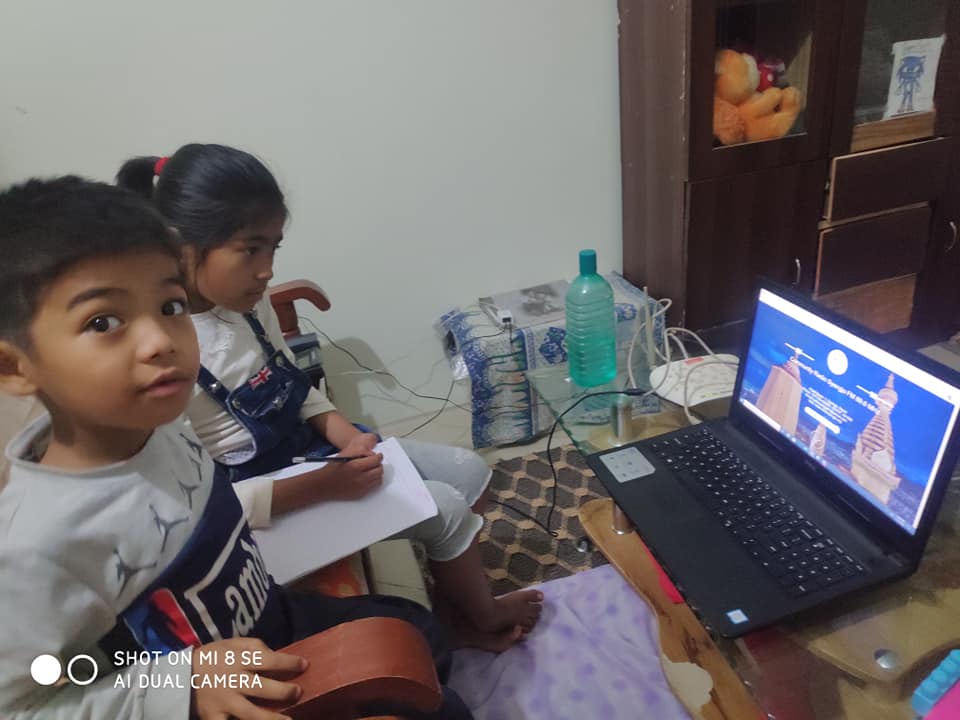
GCED Basic Search Form
Quick Search
أنت هنا
الأخبار

As we mark World Book Day, the UNESCO Institute for Lifelong Learning spoke to Dawn Stitzel, National Program Director of the Library of Congress Literacy Awards (USA), about the importance of literacy and the response to the COVID-19 pandemic of two internationally-focused Library of Congress Literacy Award-winning organizations.
Dawn, what is the importance of reading in your view?
Reading and the information obtained from books and other sources are essential to life’s basic functions as well as to more elevated technical and cultural pursuits. As Carla Hayden, the United States’ Librarian of Congress, observes, ‘Literacy powers the pursuit of learning, knowledge and opportunity around the world’.
Beyond the classical library work, how does the Library of Congress promote a culture of reading?
Through its outreach programmes, the Library of Congress seeks to nurture and expand this culture of literacy and reading. The Literacy Awards Program is one such effort. David M. Rubenstein launched the literacy awards with the Library of Congress in 2013 to honour national and international nonprofit organizations that were doing exemplary, innovative and replicable work to advance literacy in their communities. Each year, the Library of Congress awards close to $350,000 to deserving organizations.
What impact did the COVID-19 pandemic have on your awardees?
With the arrival of COVID-19 and the closure of schools and other (physical) learning spaces, learners served by literacy organizations have been among the hardest hit. In the best of times, these learners are more likely to struggle with their own education as well as that of their children. Access to the internet and digital devices is often limited and there may be fewer literacy resources at home. The pandemic highlights the need for additional assistance to support these learners to continue building essential digital skills for themselves and to facilitate the remote learning of their children. In sum, the COVID-19 pandemic and the consequences of lockdown are magnifying existing literacy challenges.
Therefore, calling attention to the work of these remarkable organizations and sharing how they have adjusted to their new circumstances is more important than ever.
Could you name two examples of projects that have been successful in promoting literacy skills throughout the pandemic and explain how they do so?
While many of our awardees deserve to be highlighted, let me name two: Pratham Books in Bangalore, India, and Room to Read in San Francisco, California. Both organizations are fully engaged in ensuring that learners in many parts of the world continue to build critical literacy skills through an emphasis on books and reading and via innovative and inclusive distance learning opportunities.

© Pratham Books
Pratham Books is a recipient of the 2017 International Prize and the 2020 David M. Rubenstein Special Response Award. It is a children’s book publisher that has helped millions of children gain access to engaging, affordable books in multiple languages. As demand surged during the pandemic for digital learning resources, Pratham Books created programmes that can be used in low-resource environments, including a Learn at Home programme, thematic reading lists, audio-visual books and a phone-based dial-a-story programme that allows a child to locate a story in a chosen language by dialing a toll-free number.
StoryWeaver, Pratham’s online, openly licensed, digital repository of multilingual children’s stories, allows users free access. The platform also enables the creation, translation, downloading and printing of stories. The repository has over 23,000 stories in 259 languages and continues to grow. In addition, StoryWeaver translated 3,000 books into 28 new languages, including books about the coronavirus, health and hygiene, and social and emotional issues. UNESCO and the World Bank listed StoryWeaver as a resource for homebound children during the pandemic.

© Room to Read
A second example is Room to Read, which is also featured in UIL’s literacy database. Room to Read received the David M. Rubenstein Prize in 2014 and the David M. Rubenstein Special Response Award in 2020. It seeks to transform the lives of children in low-income communities by focusing on literacy and gender equality in education. Its Literacy in Primary School initiative helps children become independent readers through community engagement, provision of quality books and teaching tools, and advocacy beyond the classroom. The Girls’ Education in Secondary School Initiative supports girls in building skills to succeed academically and make key life decisions through mentorship and other means. To date, Room to Read has worked in 16 countries and benefited 20 million children.
How did the project respond to learners’ needs during the pandemic?
During the pandemic, Room to Read’s digital platform, Literacy Cloud, originally developed for educators and book creators in Indonesia, expanded exponentially. It now includes over 1,000 original Room to Read children’s book titles in 19 languages. The titles are available as a free resource for students, parents and teachers.
Simultaneously, the organization is working to harness the power of education to end systemic inequality and to build a more inclusive view of the human experience. Room to Read’s 1,600 culturally diverse book titles teach children how to relate to others with empathy, tolerance and justice.
What is your key take-away from the pandemic when looking at the development of these two initiatives?
As COVID-19 and recent social unrest continue to divide us, Pratham Books and Room to Read have found multiple ways to promote books and reading to connect to their audiences and adapt to the evolving circumstances and needs of the communities they serve. The pandemic has been a stark reminder of how critical the work of literacy organizations can be as they enhance distance learning opportunities and provide resources for learning at home. Such programmes are critical as they assist learners in adapting to new learning environments.
The Library of Congress Literacy Awards Program website and interactive map provide additional information on the awards and previous winners.
URL:
https://uil.unesco.org/literacy/interview-transforming-lives-through-reading
